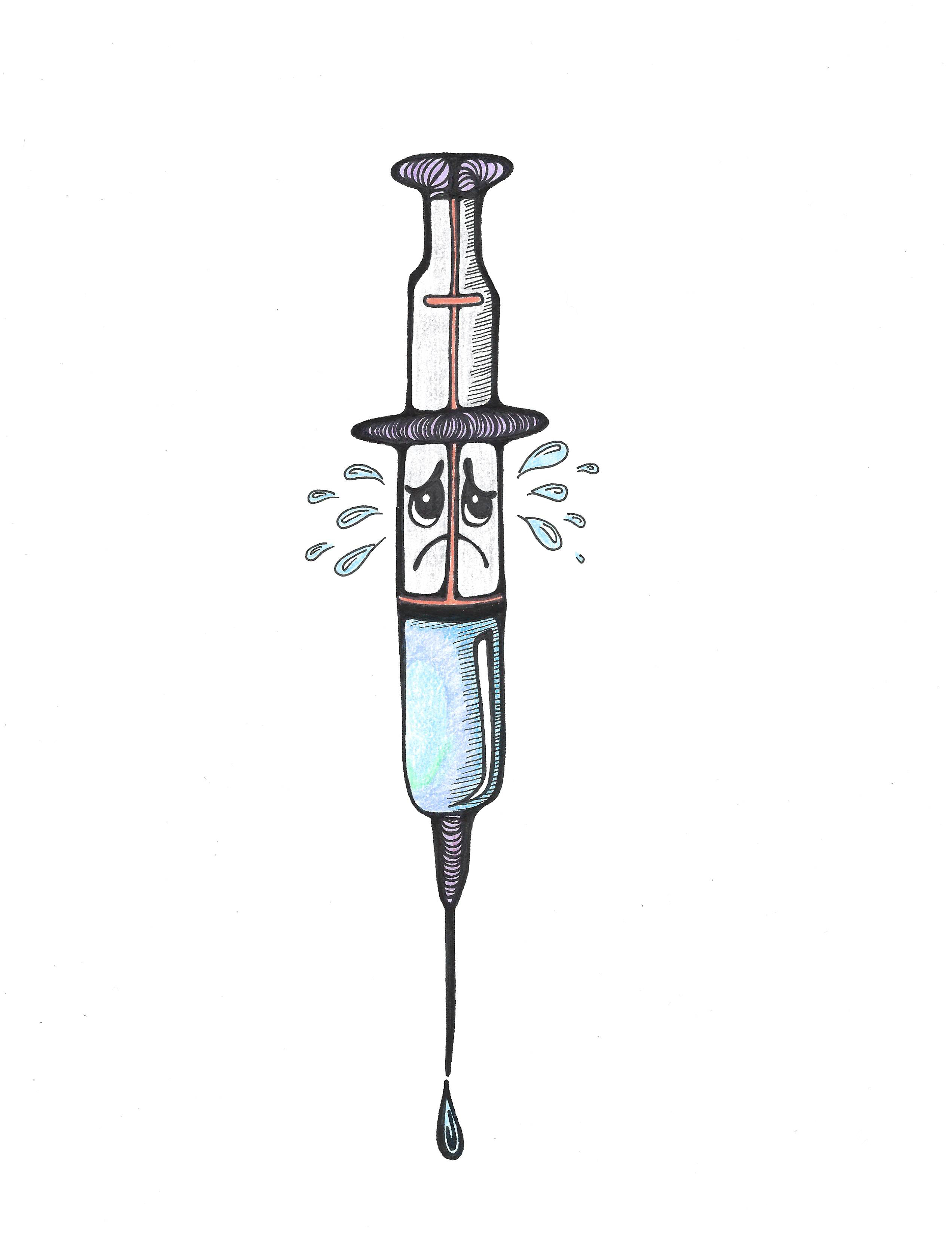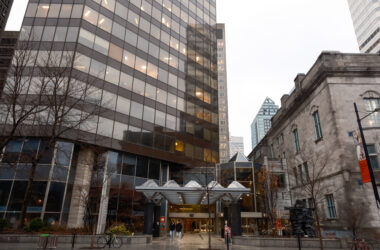On Jan. 26, Quebec banned fees for medical services covered by the Régie de l'Assurance Maladie du Québec (RAMQ), the province’s public health insurance board. McGill’s Student Health Services (SHS) previously only charged students the cost of supplying vaccines, without making a profit. Since the ban prohibits charging fees, SHS has stopped selling certain vaccines because they are unable to cover their costs. Flu shots, HPV vaccines, meningitis vaccines, and hepatitis A and B vaccines have all been discontinued for the most part, although certain students are still eligible to receive them based on their age, sexual history, or drug usage. SHS will also continue to assist students in obtaining and administering vaccines through pharmacies, provide free flu vaccines to students enrolled in health professional faculties, and will sell travel vaccines, which are not covered by RAMQ.
Critics say the new legislation has effectively ended a ‘two-tiered’ healthcare system, where patients can choose between receiving free, government-provided treatment or paying for quicker private treatment. McGill has made headway in its efforts to lobby against the ban, and members of SHS have faulted it for posing an unnecessary challenge for students unfamiliar with Quebec healthcare services. In an email to The McGill Tribune, Student Services Senior Communications Officer Lisa Dutton explained that the Ministry of Health and Social Services has taken McGill’s concerns into account.
“The government has acknowledged that the legislation is too restrictive and they are in the process of revising the rules,” Dutton wrote. “Students will be informed if the law is modified and when Student Health Services can resume providing these vaccines to the entire student body.”
Prior to the legislation, free vaccinations were only offered by hospitals in Quebec, but individuals on the vaccination schedule can now receive free vaccinations anywhere they are administered. However, those who do not fall in the recommended vaccination windows may have difficulty getting vaccines; they are ineligible for free vaccines, and healthcare services such as SHS are now unable to sell to them. Hashana Perera, director of SHS, is not in favour of the legislation.
“I believe the legislation was passed without consideration of all clinical contexts,” Perera said. “In our context, it actually created extra hurdles for students. Students already have a lot on their plates, and creating more steps to obtain medical care may result in them not getting this care. It is as frustrating for students as it is for nurses and physicians who want them to have access to these preventative health measures.”
Perera is hopeful for adjustments to the legislation. Subsidizing the cost of vaccine administration for private practices ensures that doctors can afford to continue to provide vaccines for free.
“We hope to be able to resume our previous vaccination activities in the near future,” Perera said.
The policy aimed to encourage low-income families to vaccinate their children by increasing the economic accessibility of doing so. However, with some healthcare provisioners no longer selling vaccines, there has been criticism of the policy’s effectiveness in practice. Leila Feng, U2 Science, spoke in favour of keeping a two-tiered system. To Feng, vaccinating the largest number of people should be prioritized over vaccinating in the most equitable way.
“While a two-tier healthcare system might encourage unfairness when it comes to individual life-or-death surgeries, it may be a valid option for vaccines because non-contagious people are positive externalities to society,” Feng said. “The people buying vaccines are providing more health than harm to the people waiting in line.”









